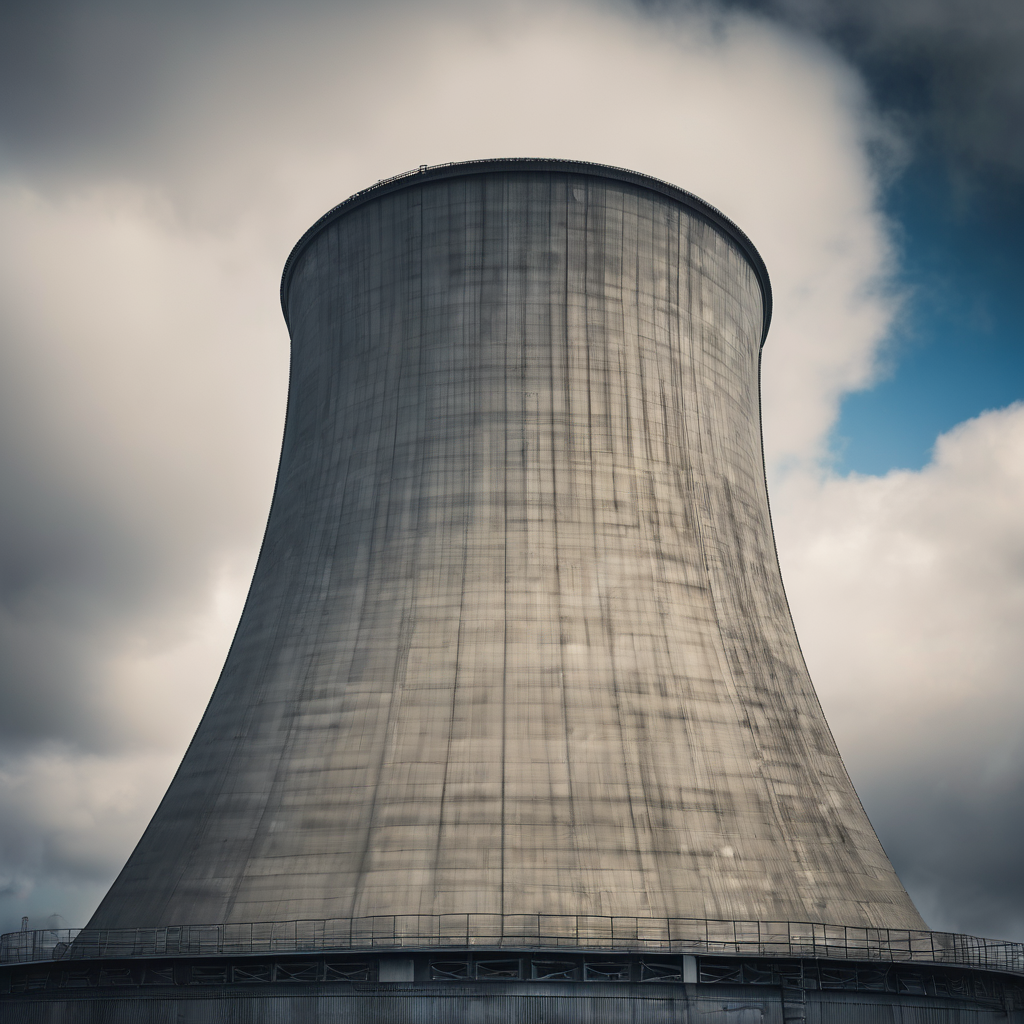On Monday, Finnish President Alexander Stubb underscored a critical turning point in global security, declaring that the world finds itself in “a new era of nuclear weapons” where Cold War challenges are resurfacing in international politics. Speaking in Helsinki shortly after a provocative display of military might by Russia, Stubb highlighted the deteriorating “strategic stability between superpowers,” which he claimed poses significant challenges for the transatlantic alliance.
Stubb called upon NATO allies to confront pressing questions about deterrence and escalation management, emphasizing the necessity for a collaborative approach among member nations. The current geopolitical landscape reflects a concerning similarity to past tensions during the Cold War, where Russia, mirroring Soviet strategies, appears intent on fracturing NATO’s unity and undermining U.S. commitment to collective defense.
Russian President Vladimir Putin may not be eager for a direct confrontation with a NATO supported by the U.S., but he aims to create divisions within the alliance, capitalizing on differing threat perceptions among member countries. In this context, Stubb noted that NATO allies, particularly frontline states like Poland and Estonia, have become increasingly attuned to the threats posed by Russian military actions.
Poland’s response to these threats has been particularly proactive, with leaders expressing a strong desire to host U.S. nuclear weapons on their territory. Prime Minister Donald Tusk has articulated Poland’s readiness to engage with nuclear capabilities, as the nation continues to invest in dual-use aircraft that can carry nuclear weapons. Similarly, Stubb has suggested that Finland might modify its national laws to facilitate the transit of U.S. nuclear weapons during crises.
The implications are substantial for U.S. foreign policy, particularly under the current administration, in understanding and adapting to the varying perceptions of threat within NATO. Stubb’s remarks resonate profoundly within the alliance, stressing that as the nuclear threat landscape evolves, NATO’s nuclear posture must also adapt. This echoes historical precedents from the Cold War, when nations like West Germany sought to counterbalance Soviet nuclear capabilities by advocating for forward-stationed U.S. nuclear weapons.
While past U.S. administrations have faced criticism for their handling of alliances and nuclear assurances, the current geopolitical moment offers a chance for the United States to recalibrate its approach. Learning from historical missteps is essential, especially in recognizing that reassuring allies is not a uniform process but requires tailored strategies to address diverse national concerns.
As the U.S. contemplates its role in Europe, reinforcing NATO’s nuclear capabilities could serve to bolster alliances and encourage member states to enhance their conventional military investments. A strengthened commitment to European security will not only foster solidarity within NATO but also facilitate collaboration on a range of global issues, including countering China in technology and defense sectors.
In essence, addressing the evolving security challenges through a strengthened NATO partnership underscores the importance of peace through strength, which aligns with U.S. interests of maintaining stability and collective defense in an increasingly complex global landscape.
